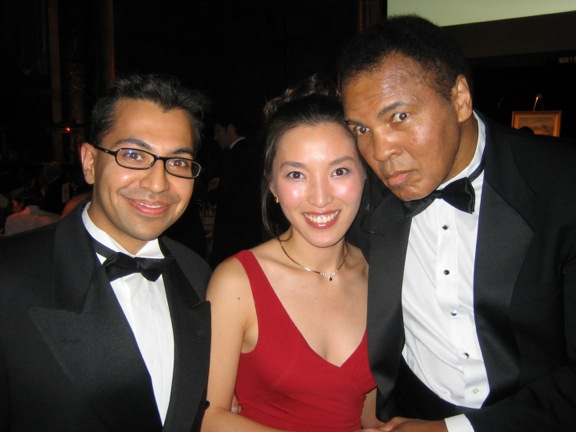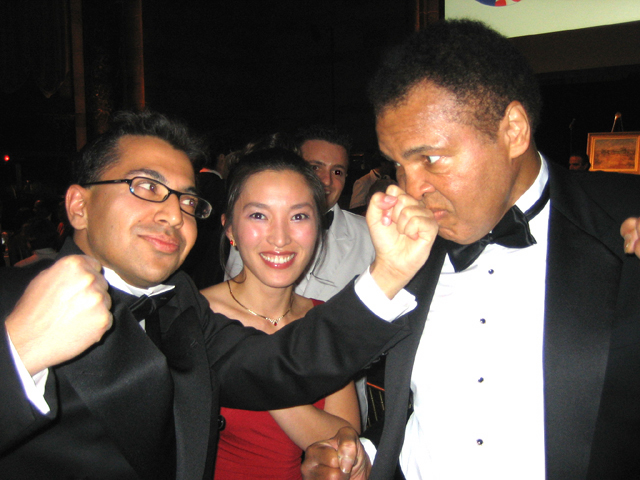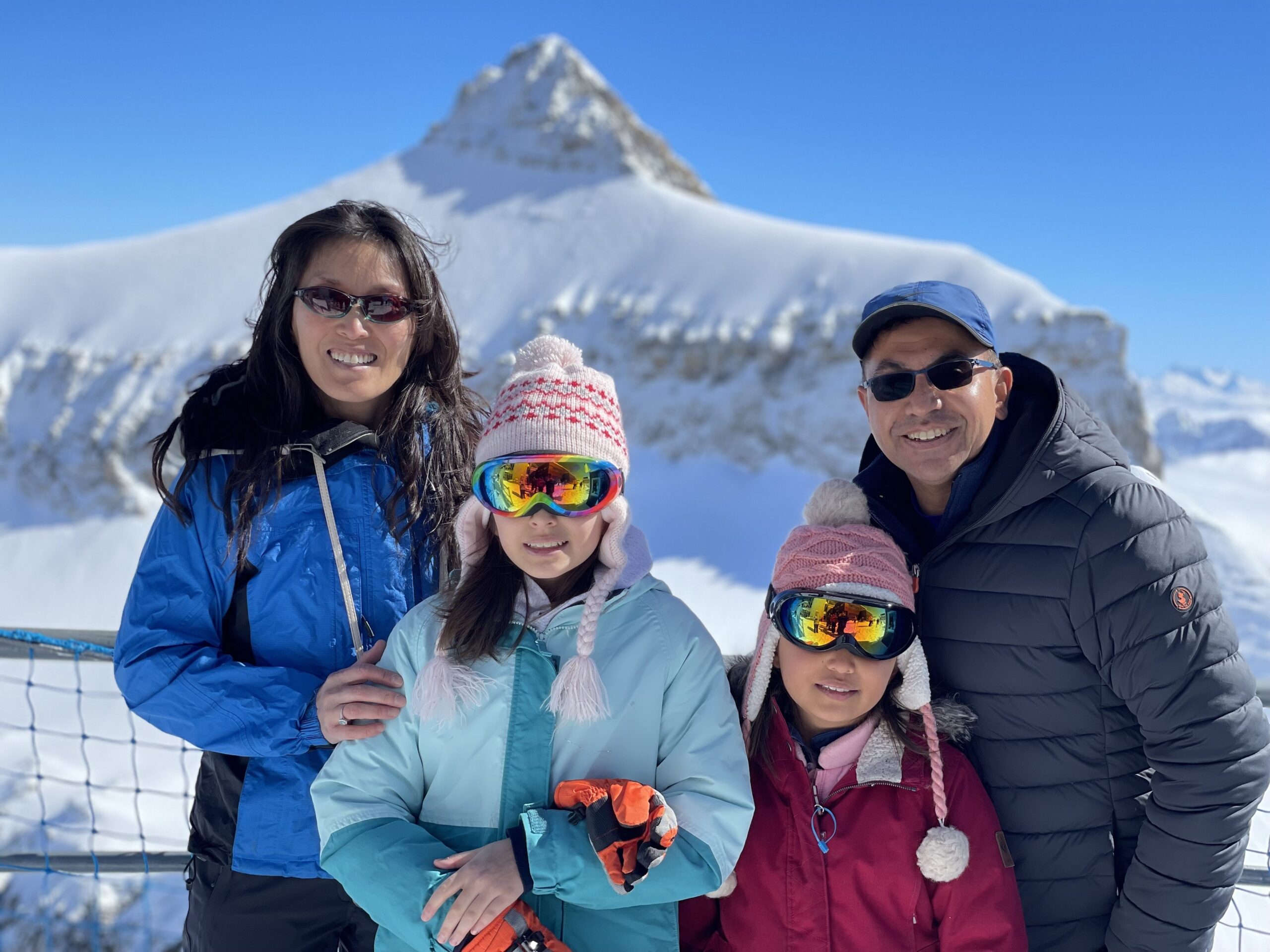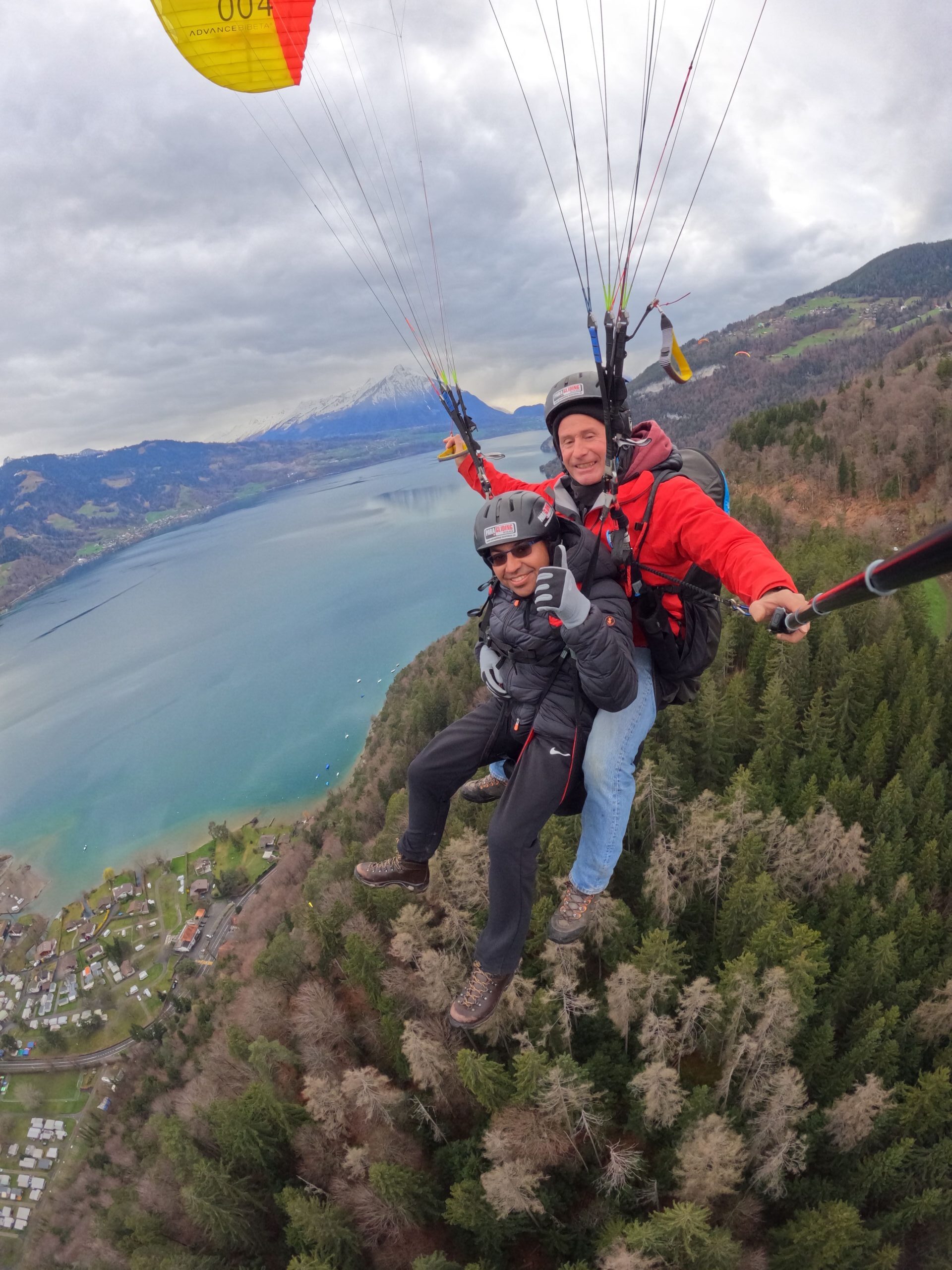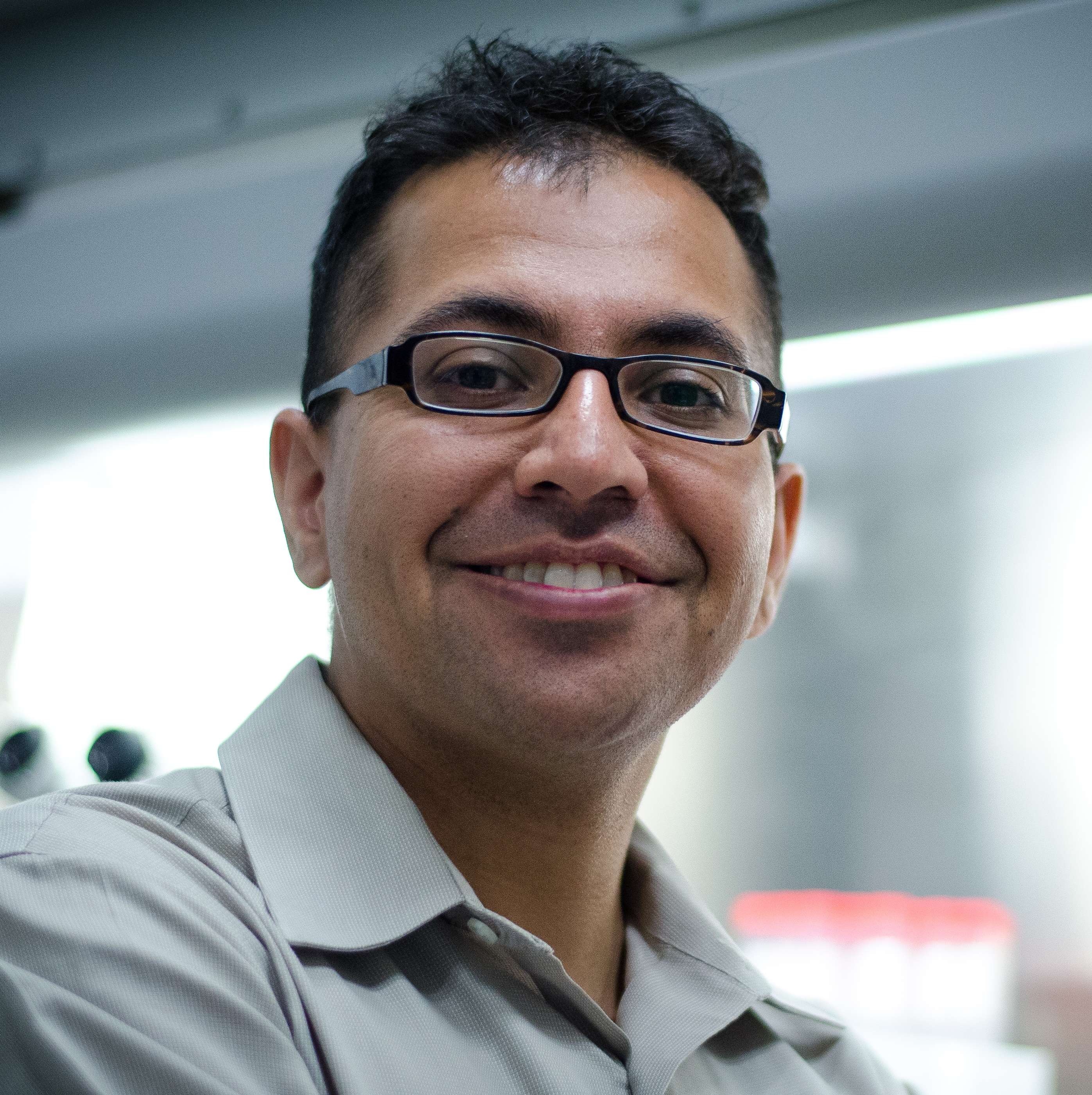
VIKRAM (VIK) KHURANA, MD, PHD
Principal Investigator
Medical School
MD University of Sydney, 2000
PhD Harvard University, 2006 (Adviser: Dr Mel Feany)
Internship (Internal Medicine)
Brigham and Women’s Hospital, 2007
Residency (Neurology)
Brigham and Women’s and Massachusetts General Hospitals, 2010
Fellowship (Movement Disorders and Ataxia)
Massachusetts General Hospital, 2012
Postdoctoral Training
Whitehead Institute for Biomedical Research (Mentor: Dr Susan Lindquist; Co-Mentor: Dr Rudolf Jaenisch)
I am currently the Chief of the Movement Disorders Division at Brigham and Women’s Hospital a principal research investigator in the Ann Romney Center for Neurologic Diseases and Associate Professor of Neurology at Harvard Medical School. I am also Principal faculty at the Harvard Stem Cell Institute, an Associate Member at the Broad Institute of Harvard and MIT, and a 2018-2023 Robertson Stem Cell Investigator of the New York Stem Cell Foundation. I am a past George C. Cotzias Fellow of the American Parkinson’s Disease Association (APDA) and received the 2023 Derek Denny-Brown Award in Basic Science from the American Neurologic Association. Whether in the clinic or in the lab, I am committed to changing the outcomes of patients with neurodegenerative movement disorders, with a strong focus on Parkinson’s disease, Lewy body dementia, multiple system atrophy and the cerebellar ataxias.
I grew up in Sydney, Australia, and am a medical graduate of the University of Sydney. I came to Boston as a Fulbright Scholar in 2001, obtaining my Ph.D. in neurobiology from Harvard University in 2006. My dissertation adviser was Dr. Mel Feany in the Department of Pathology at Brigham and Women’s Hospital. I completed my residency in neurology at Brigham and Women’s and Massachusetts General Hospitals, and Fellowship training in movement disorders and ataxia at Massachusetts General Hospital with Drs. Jeremy Schmahmann, John Growdon and Lew Sudarsky. During that time, I was awarded grants from the American Brain Foundation, Parkinson’s Disease Foundation, Multiple System Atrophy Coalition and Harvard Neurodiscovery Center.
As a postdoctoral fellow, I led a Collaborative Innovation Award project from the Howard Hughes Medical Institute in the laboratories of Drs. Susan Lindquist and Rudolf Jaenisch at the Whitehead Institute. Working closely with a team of colleagues that included my wife Chee Yeun Chung, I developed a successful platform for drug discovery in stem cell models generated from Parkinson’s disease patients (Chung*, Khurana* et al. Science 2013). Based on this work, we co-founded a company with Susan, Yumanity Therapeutics (see Chee Yeun’s TEDMED talk) and co-developed a class of drugs, steroyl-co A desaturase inhibitors, for Parkinson’s disease and Lewy body dementia. These are now in clinical trial for Parkinson’s disease and are being further developed by Janssen Pharmaceuticals.
My experiences in drug discovery have taught me that targeting a drug to the right patient in neurodegeneration is at least as difficult as developing the drug in the first place! The mission of the Khurana lab is to better understand the heterogeneity of complex neurodegenerative diseases and develop targeted therapies. I am so grateful to be joined on this mission by an incredible team, as well as many wonderful collaborators worldwide. I believe diversity of thought, discipline, origins and ideas is vital to a successful scientific endeavor.
I enjoy playing blues guitar, photography and long-distance kayaking tours. But these days I mostly struggle to keep up with my two young daughters. I would be quite incapacitated without the constant support of my wife and scientific partner Chee-Yeun and my extended family back in Australia.
